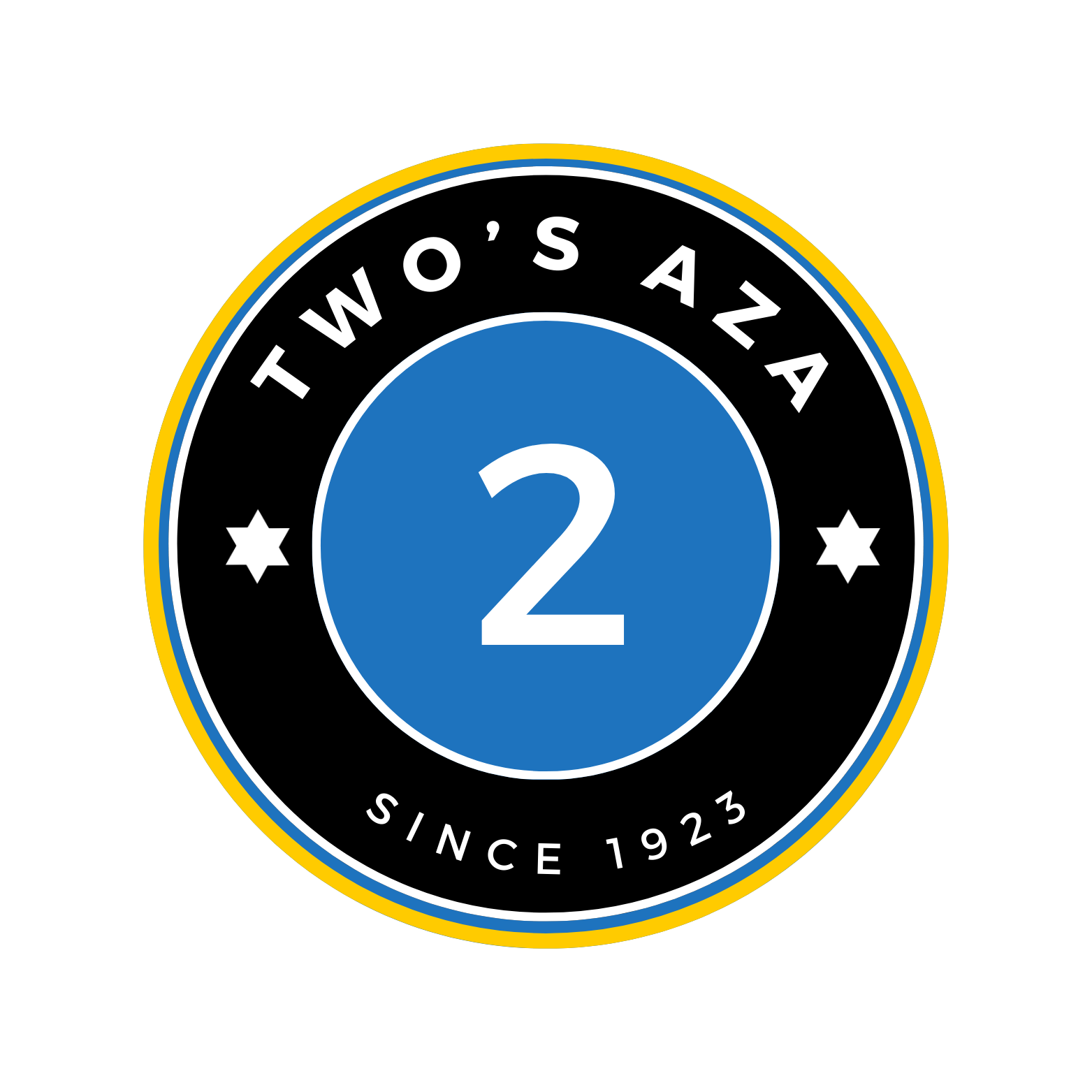

Philip Klutznick
By Philip Klutznick, Kansas City AZA No. 2
(The following essay was written by Philip Klutznick and first appeared in the 1924 edition of The Nautilus.)
Into a land where peace predominates, into a land where liberty, beauty and love have found their resting places, creeps the God of War. He exacts his toll and all is gone. Life, beauty, peace must again begin at the bottom and build up. Civilization receives the shock, rebounds momentarily and all is well again. Those who are gone are forgotten and those who live put their shoulders to the wheel of life and grind it slowly around again.
What is war? From what source does such a monster spring to stamp under his feet the bubbling springs of life. Friends, war is bred in the hearts of the discontented, those whose ideals have been shattered, and here enters the consideration of race, creed and color.
One race has its ideals, another opposite ideals and likewise with creeds and colors. When we, as a race, shatter the ideals of another through scorn and mimicry, we sow into the hearts of that race the seeds of discontent. To such conditions, the world owes the shocks it has received, the blows to civilization and the loss of human life.
When at Concord, the shot which sounded and resounded throughout the world, was fired, it marked the beginning of a war in which friend was fighting against friend. Out of that war came the ideals of America – the greatest of which is toleration. Out or that struggle, even shining through the wearisome hours of warfare as the shining sun, shone the principles of a people fighting for its rights, fighting for its ideals, fighting for its posterity, and when through the dark hours of night, the light of victory shone, it brought to an end another struggle of ideals, a struggle in which races and creeds had played their part.
Do not assume that racial differences, creed and color wars are a part of the dim and distant past. Russia is today bringing upon herself well-earned scorn because of her utter disregard of that which is sacred to the man who possesses it – religion.
Racial differences mean war. War means the loss of human life, and life is dear to us all, for it holds in reserve the glittering array of achievements and tasks well done.
Life is truly such. When you enter into a worldly existence, life is not imposed upon you as a privilege to abuse, to throw into a seething caldron of racial discontent. You are not born to scorn those of opposite creeds, to oppose those of other color. No. This privilege is given to you to build up in this world of ours some achievement to be dedicated to you after your worldly work is done. But, when you turn from that which is wonderful to a life of radicalism, a life in which war and fight are dominant, you have abused nature’s greatest gift, the right to life.
We are taught, but we forget. It seems we have already forgotten the black-robed horrors of that last world struggle-a war of race against race and creed against creed. God grant that such a struggle be never repeated.
On one side we had Germany, with her one predominant ideal to rule over a world free of all traces of democracv. A taunt by Serbia, and the German ideal had been given the impetus necessary for it to exhibit its lashing, biting tongues of hate. Into a state of war swept Germany, for her ideals were not the ideals of other nations.
But the combined forces of England. France, Belgium and Italy did not hold those death-defying Germans, and a nation. whose taste of liberty had hardened its people against one-man rule and world dominance by one nation, entered the combat. The people e of the United States of America had their ideals had their principles, had their desires, and they did not conform with those of Germany. So, we entered the war to fight for the maintenance of that ever-inspiring liberty we hold so dear. Out of that war carne the American stars and stripes flying freely in the breeze without the imprint of that dastardly foot of autocracy upon them.
But as we rejoice in the victory, we forget the results. Where was that never-to-be-forgotten battle fought? Some say it was the field of honor. It might of been that, but notwithstanding, it was rightfully named “No Man’s Land.” Picture, friends, barren devastated fields, dotted with barbed wire fences and vermin-filled trenches. Throughout the day and night the air boomed and vibrated with sounds of opposing guns. Into this flame of almost unimaginable hell went the finest of the young manhood of America, France, Germany and almost every other nation in the world. Some came out, some became heroes through the supreme sacrifice, and others were torn, maimed and shattered for life. The tragedy of that war is overwhelming. When you shear a man of his principles, deprive him of his honor, you bring into being a Flanders field where:
“The poppies blow
Between the crosses row on row
That mark our place; and in the sky
The larks, still bravely singing fly,
Scarce heard amid the guns below.
We are the dead. Short days ago
We lived, felt dawn, saw sunset glow,
Loved and were loved, and we lie
In Flanders fields.
Take up our quarrel with the foe;
To you from failing hands we throw
The torch; be yours to hold it high.
If ye break faith with us who die
We shall not sleep, though poppies grow
In Flanders fields.”
When we realize the sacrifices of others, their overbounding faith in humanity and civilization, can we scorn the other man because of his race, can we laugh at his creed or his color?
Members of the coming generation, the world is looking to you to bring about an era in which “Good will to man and peace on earth” will predominate. Start at the bottom, eradicate the racial differences, the opposition of creed against creed, when they are both working toward the same end, and the struggle of color against color. Breathe into the world the ideal of races, creeds and colors co-operating, and humanity will breathe more freely.
Source: The Nautilus



